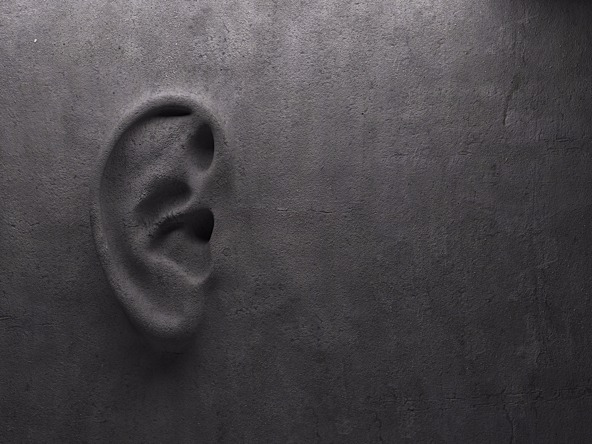OPINION8 May 2017
All MRS websites use cookies to help us improve our services. Any data collected is anonymised. If you continue using this site without accepting cookies you may experience some performance issues. Read about our cookies here.
OPINION8 May 2017
What might be a straightforward qual exercise to the moderator, could be an emotional journey for the participant explains Lucie Holliday

The man I was interviewing was your typical CEO-type. He was confident and proud as he talked to me about his luxury car – what had made him come to purchase his vehicle, and his experience of ownership to date.
I asked him to cast his mind back to his earliest memory of a car. He became visibly emotional as he told me about the very first day he had ever got into a car – when as a small boy, he had been picked up from foster care by his new adoptive family. He remembered scrambling over the running boards of the car as he climbed into the back seat. His first association with cars was one of homecoming, of safety – for the first time in his short life, of belonging.
I still get goose bumps when I tell that story, but it’s by no means the only time a participant has become emotional during a research session.
It’s so seldom nowadays that anyone sits and actively listens to us that the experience for a participant can be an intense and cathartic one, even when discussing ostensibly banal topics. And depending who the client is, these emotional moments may be even closer to the surface. I consider it a privilege as a moderator to be privy to these moments.
But then the interview ends – and all that is left is to pay the respondent their incentive, thank them and leave. If our respondent has opened up emotionally, we run the risk of embarrassing them – or at worst, leaving them alone to dwell on thoughts and memories they perhaps weren’t expecting to unearth.
As qualitative researchers, we are (I’d like to think!) naturally empathetic people who can navigate raw moments with sensitivity and understanding. It’s important at this point to say we are NOT therapists and shouldn’t pretend to be.
However we have an obligation to our participants to have appropriate techniques for difficult moments, and we should also keep this in mind when training new moderators.
These simple steps were developed with counsellors and are based on therapeutic methods. We’ll call our participant John.
I’ll end with another anecdote. A colleague of mine was interviewing a lady in her home. He’s an empathetic guy and it became obvious to him that he was the only company the lady had seen for some time. When the allotted time drew to an end, he stayed on for a good hour, chatting away about anything and everything – even helping her with her washing up.
Sometimes what is ‘just another interview’ to us can take on a bigger meaning in the lives of our participants, and we couldn’t do what we do without them – so it’s certainly worth taking the time to ensure that the experiences we give them are positive ones.
Lucie Holliday is founder of Lucidity Research
1 Comment
Richard Stanton PhD
8 years ago
I enjoyed your posting, "Listen with Empathy." Qualitative Research demands exactly the interpersonal approach which you endorse. I wonder if Ms. Holliday is familiar with the works of Martin Buber and Maurice Friedman. Their contributions to qualitative research via the philosophy of dialogue form the cornerstone of my interest and research on empathy and dialogue. Your approach as described in the piece is so close to theirs that it is striking. Their approach has much to do with the heart of the therapeutic interaction! Thank you for your contribution. RDS
Like Reply Report